Description
Product Description
‘Dasamoola’ gana is the group of ten roots known for their anti-inflammatory properties, in Ayurveda. Vata is characterised by mobility and functionality. Vata when deranges caused dryness, rigidity and loss of function. Dasamoolam Kashayam is used as such or in combination with other drugs to manage rheumatic conditions, neurodegenerative conditions and osteoarthritis.
‘Kashaya’ or herbal decoctions harness herbs’ healing properties and roots in a mild and easily absorbable water base.
Dosage & Directions for Use
Adult: 15-20 ml of Dasamoolam Kashayam mixed with 45-60 ml of boiled and cooled water, twice daily on an empty stomach.
Child: 10-15 ml of Dasamoolam Kashayam mixed with 30-45 ml of boiled and cooled water, twice daily on an empty stomach.
Suitable for all ages.
Key ingredients:
VILWA (Aegle marmelos)
It can be found as the favorite of Lord Shiva and thus found in the temples. Also known as Bilwa, the whole part of the plant is used for medicinal purposes. Antidiarrhoeal, antimicrobial, antiviral, radioprotective, anticancer, chemopreventive, antipyretic, ulcer healing, antigenotoxic, diuretic, antifertility, and anti-inflammatory properties.
AGNIMANTHA (Premna integrifloria)
Agnimantha is used in the treatment of all types of Vata Disorders (diseases related to the nervous and musculoskeletal system), inflammatory disorders, neuralgia, rheumatoid arthritis, anemia, piles, constipation, common cold, and loss of appetite. The extracts of the plant are used to treat diabetes. Urinary tract infections are also treated using Agnimantha extracts. Besides, its decoction is used to enhance strength & immunity following fever treatment.
SHALAPARNI (Desmodium gangeticum)
It is one among the Dashamoolas. Its properties include aphrodisiac (sexual desires) analgesic, diuretic, and anti-inflammatory. It is used in postnatal complaints, diarrhea, chronic fever, biliousness, cough, vomiting, and asthma.
PRISHNAPARNI (Uraria picta)
It is one among the Dashamoolas. With properties of anti-inflammatory, analgesic, antiemetic, aphrodisiac, it is used in different preparations. It is effectively used in fracture conditions. The Uraria species is useful in the quick healing of bone fractures. It is used as a cardio and nerve tonic and has anti-inflammatory, expectorant, and diuretic properties.
BRIHATI (Solanum indicum)
It is one among the Dashamoolas. It is used in the treatment of respiratory ailments, dropsy, heart diseases, chronic fever, colic, scorpion stings, difficulty in urination, and worm infestation. A root decoction is administered in respiratory disorders like asthma, cough, etc. Brihati is a benefit providing herb in conditions of digestive troubles and has effective results in appetite, indigestion, dysentery, gas, and intestinal worms. This herb stimulates and strengthens the heart and is useful in cardiac disorders and improves the condition of edema.
SHYONAKA (Oroxylum indicum)
It is commonly known as Indian Caper. It is one among the Dashamoolas. It is anti-inflammatory and analgesic in nature. A seed paste is applied to treat boils and wounds. The bark decoction is diuretic and useful in diarrhea and dysentery. It will increase the appetite, as well as reveals constipation. It is a potential herb against cancer, due to its potential cytotoxic and anti-metastasis properties.
GOKSHURA (Tribulus terrestris)
It is a natural aphrodisiac (arouses sexual desire) and has diuretic property thus it’s used in urinary disorders Used to tone muscles before childbirth, to cause an abortion, and to stimulate milk flow. It is effective in treating chest pain, eczema, enlarged prostate, sexual disorders, and infertility. The dry herb is boiled in water and giver in urinary problems.
PATALA (Stereospermum suaveolens)
It is one among the Dashamoola. It counteracts on Pitta and Kapha. It cures swelling over the body. It is effective in bleeding disorders and vomiting. It is used in snake bite, scorpion bite, vomiting, etc. It is neuroprotective and protects the liver. The herb is used for blood disorders such as anemia. It promotes the production of red blood cells. It also provides relief from symptoms associated with anemia such as lethargy, fatigue, and weakness. Roots are used for treating diseases such as bronchial asthma, blood disorders, jaundice, vomiting, paralysis, rheumatism.
GAMBARI (Gmelina arborea)
It is commonly known as Beech wood. It acts as a Rasayana. It has an action on bleeding disorders. It balances Vata dosha. It nourishes the body. With its anti-inflammatory property, it is used to relieve pain and swelling.
BADRA (Aerva lanata)
Commonly called the mountain Knotgrass, it is a diuretic with anti-inflammatory, antihelmintic, anti-bacterial, and mild analgesic effects. It is used in the treatment of lithiasis, cough, asthma, and headache and as an antidote for rat poisoning. The decoction of the root of Aerva lanata is given in a dose of 50-60 ml to treat renal calculi and retention of urine. Cold infusion of the whole plant is given in a dose of 30-40 ml to treat cough and sore throat.
Speciality: 100 % natural. Purely herbal. Vegetarian.


 Sign In
Sign In Cart
Cart 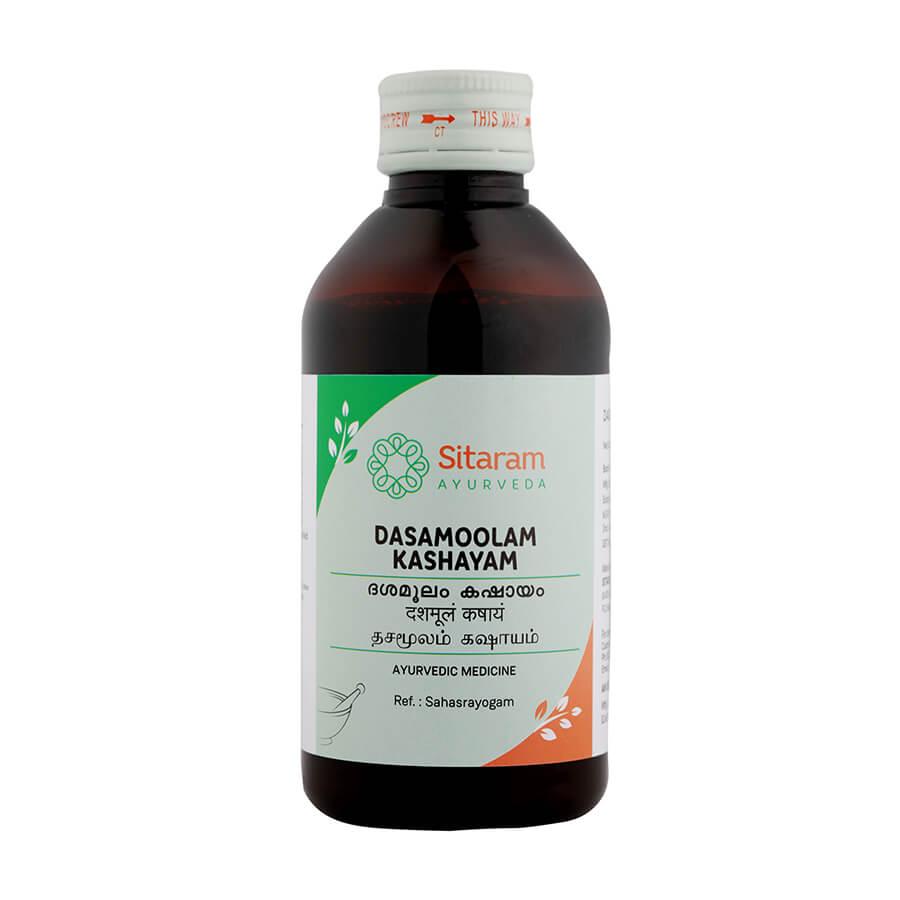
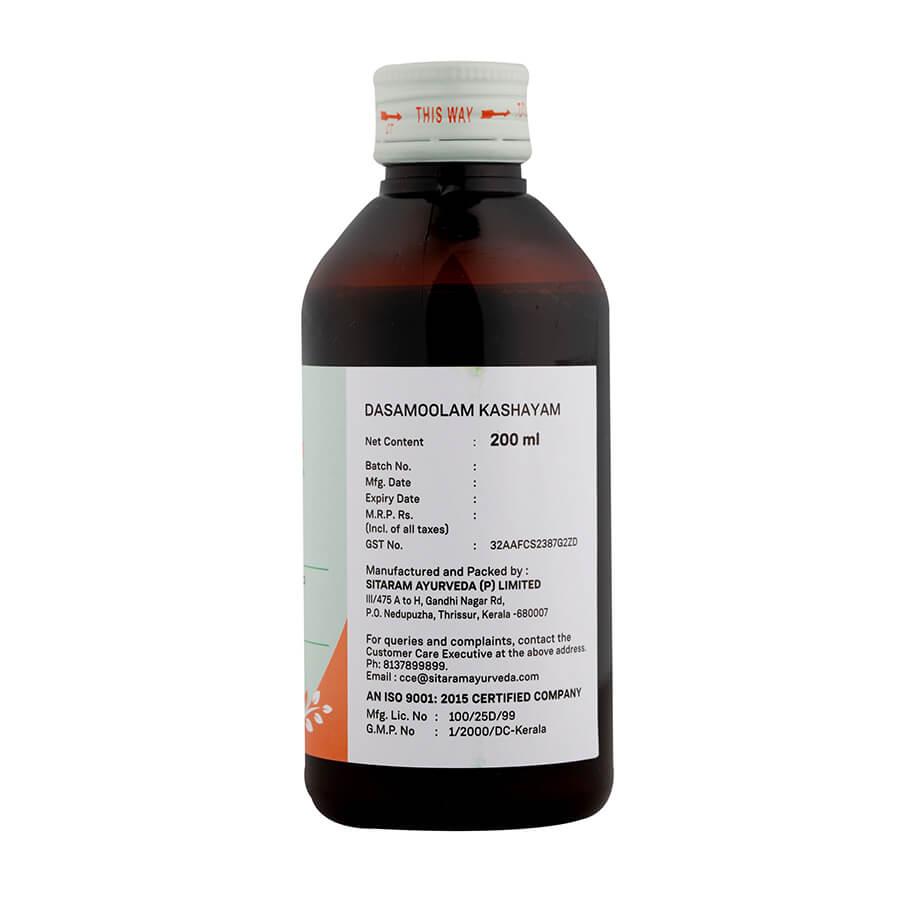
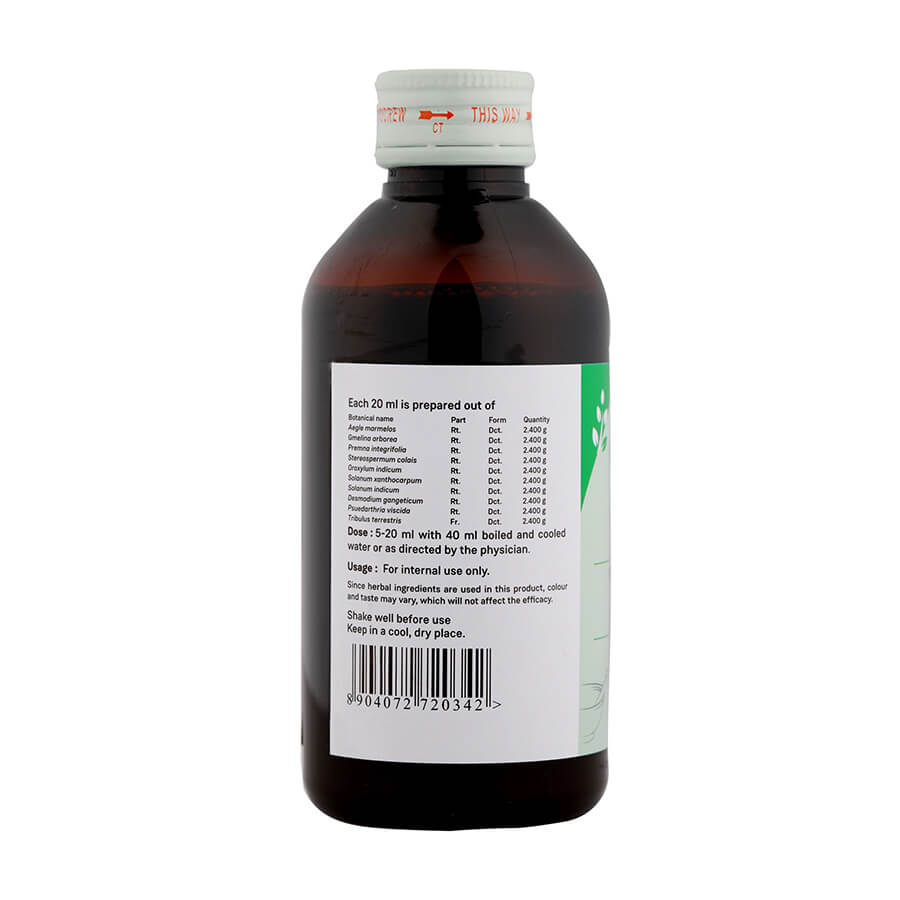
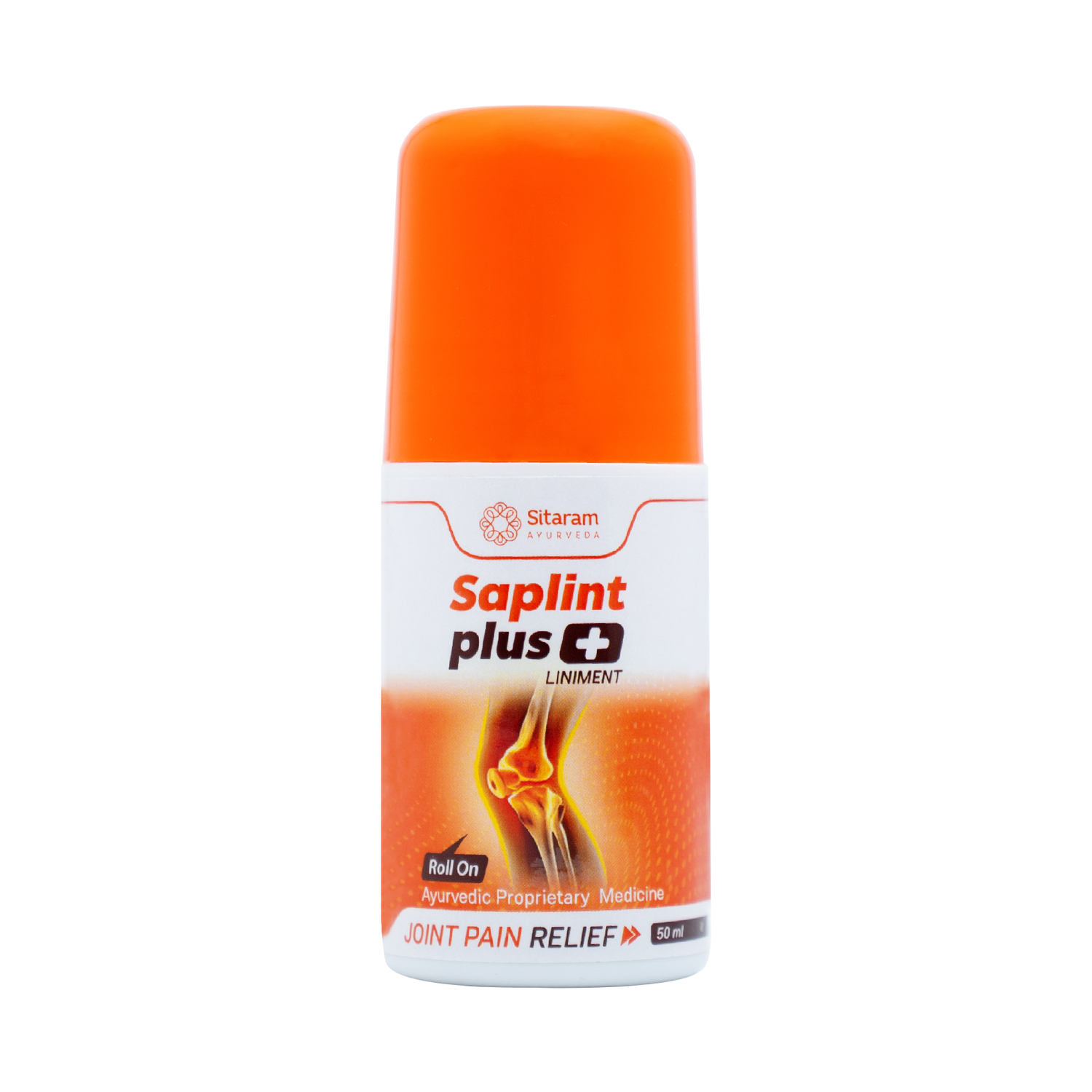
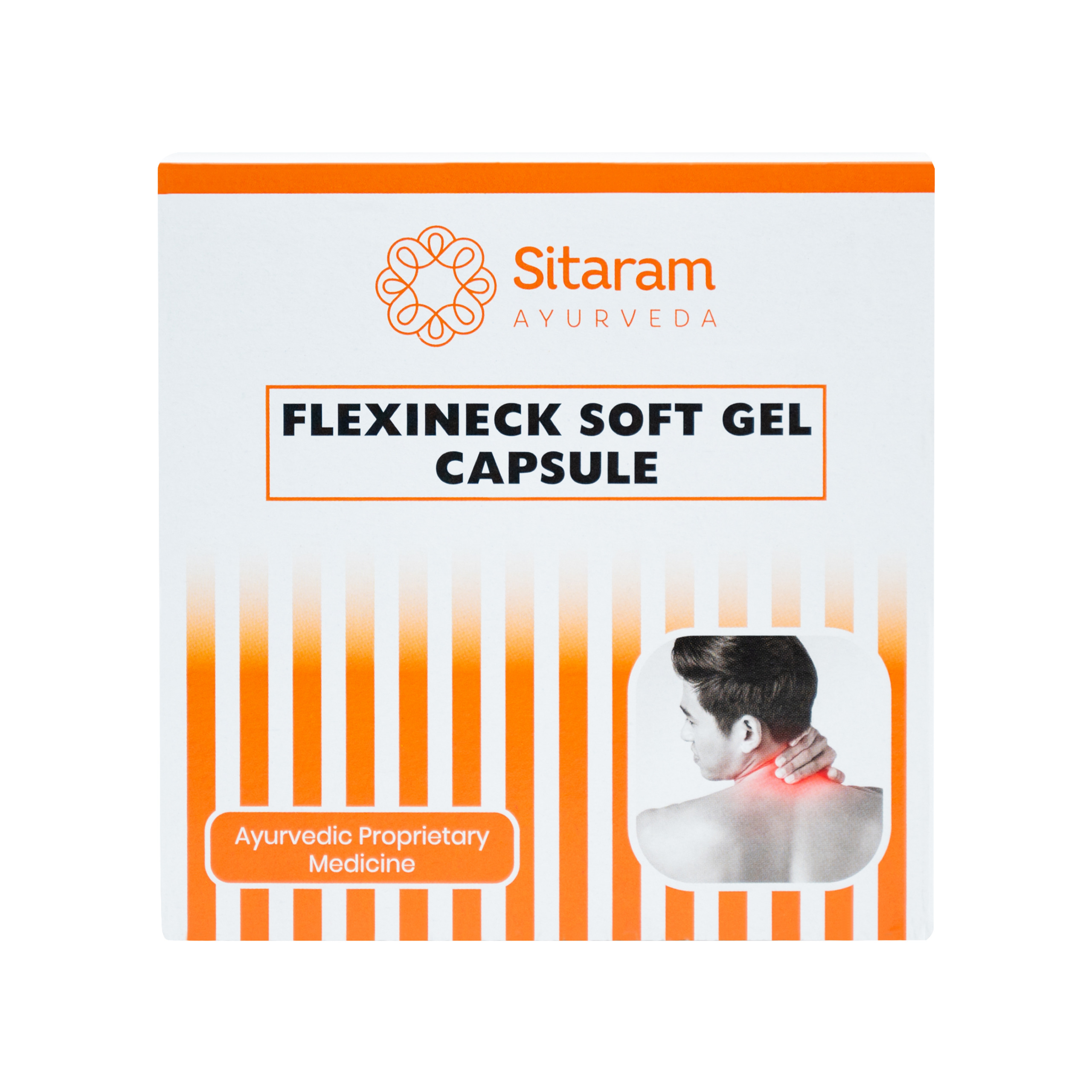
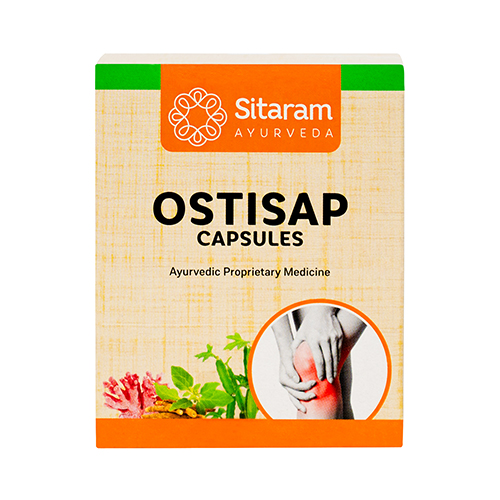
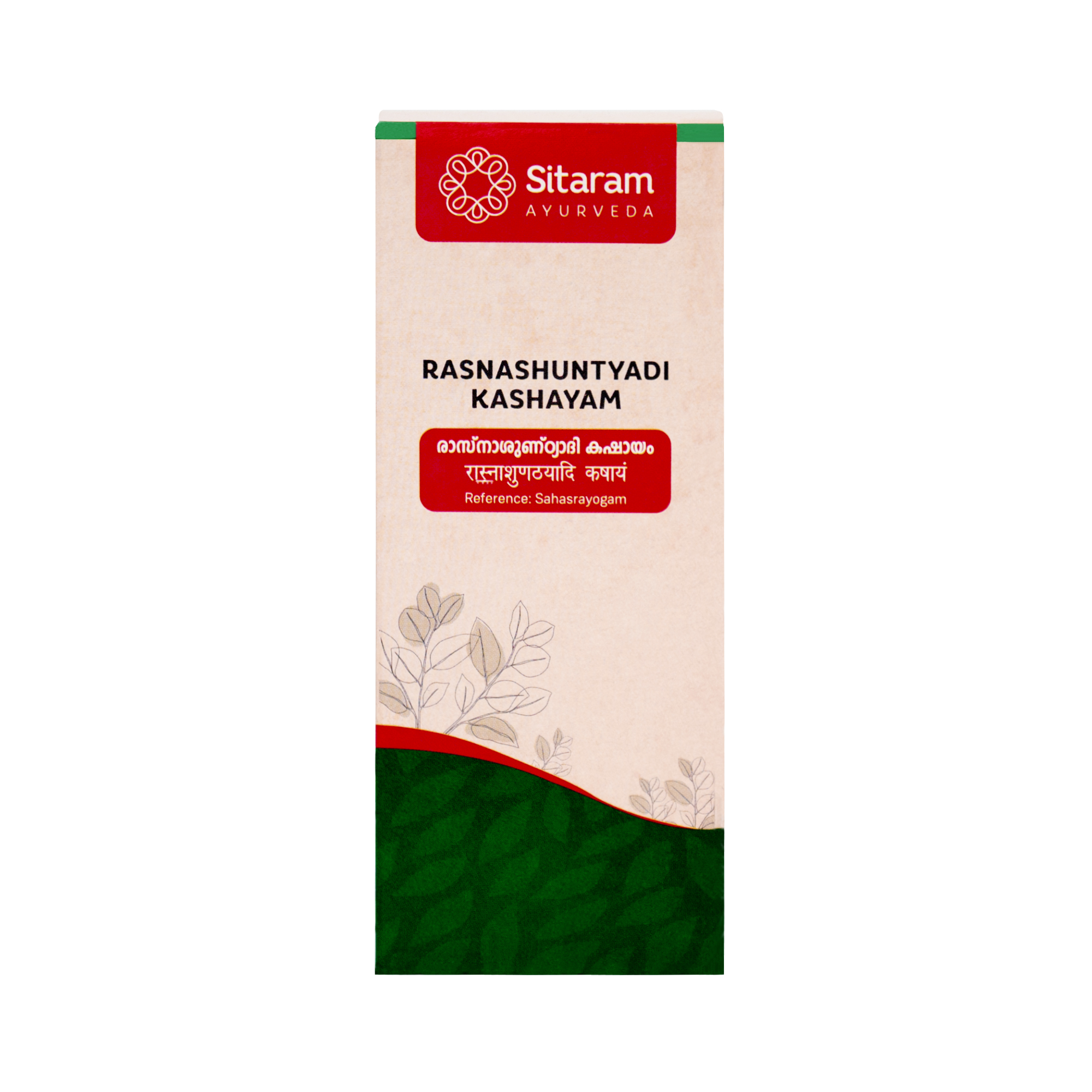
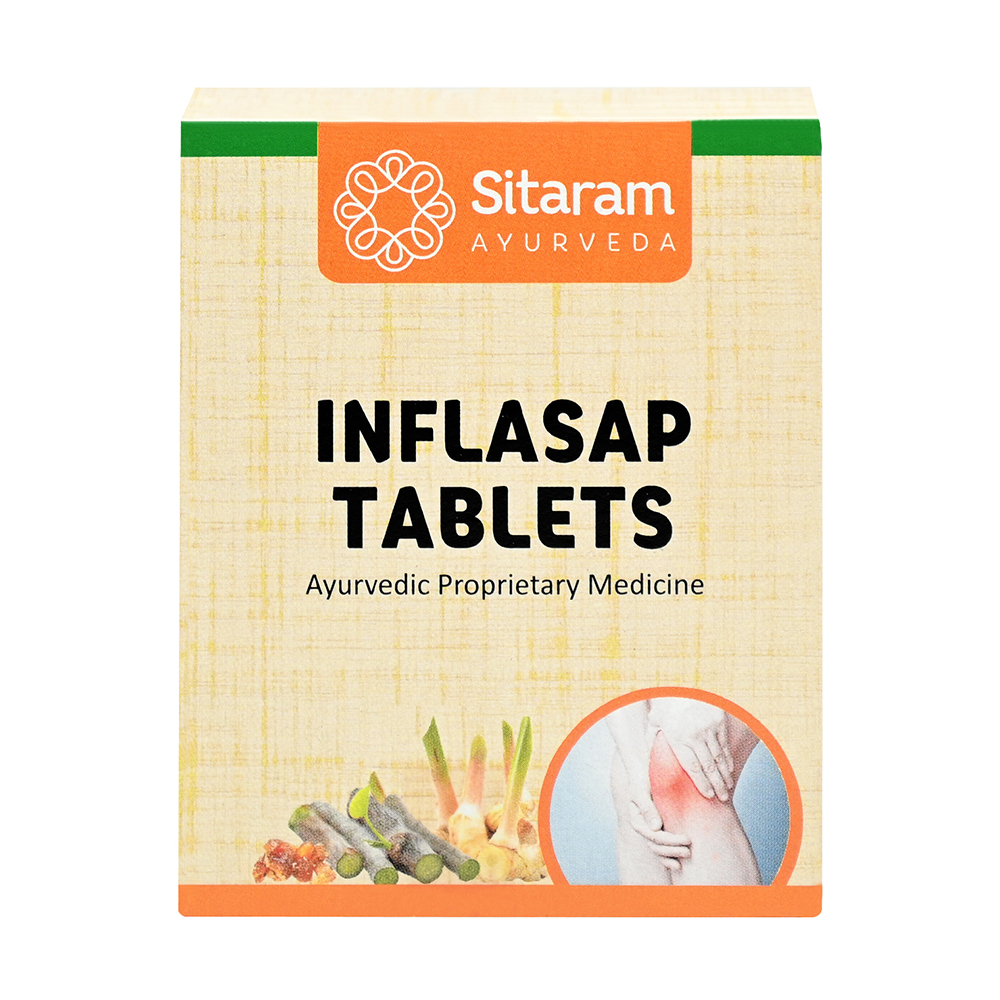
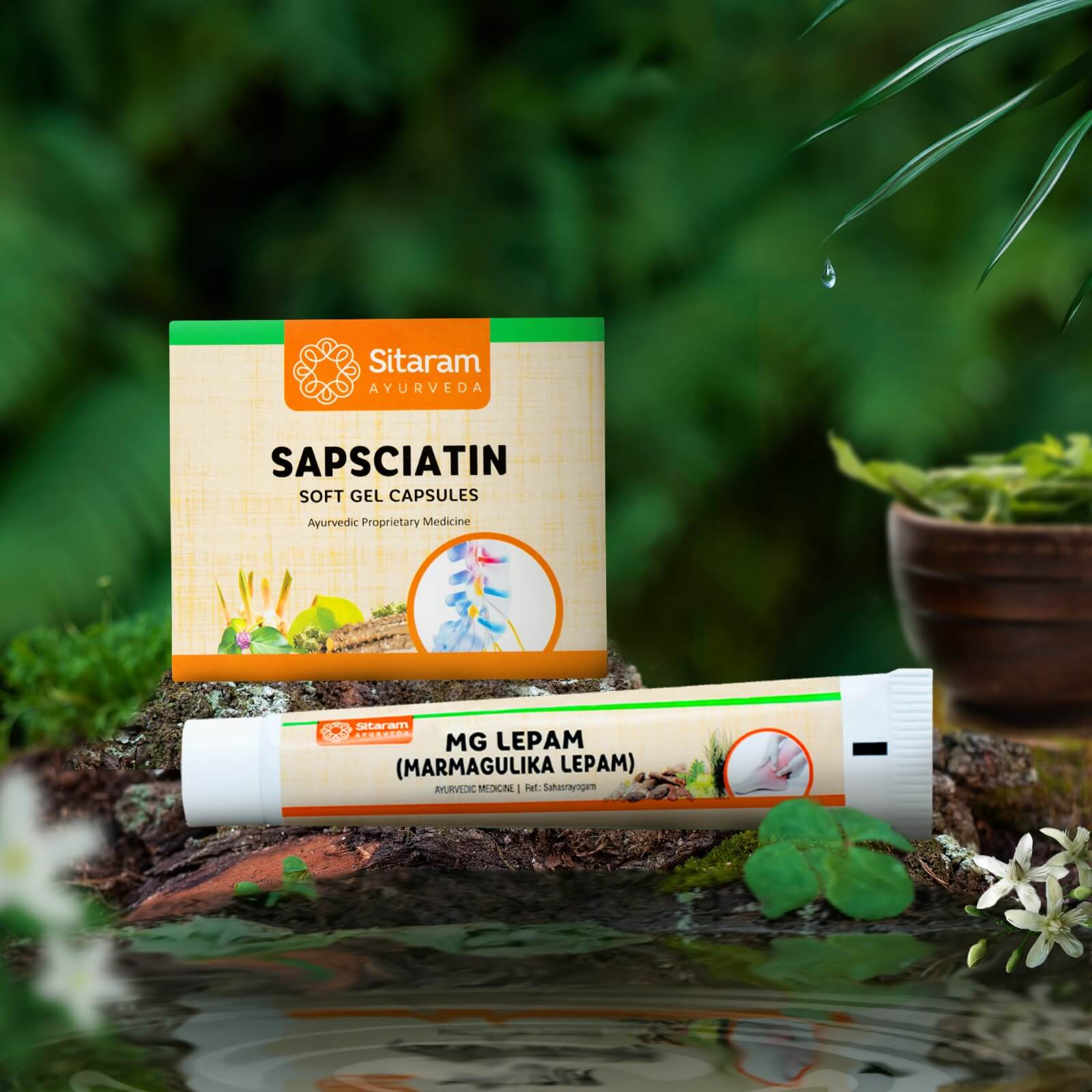
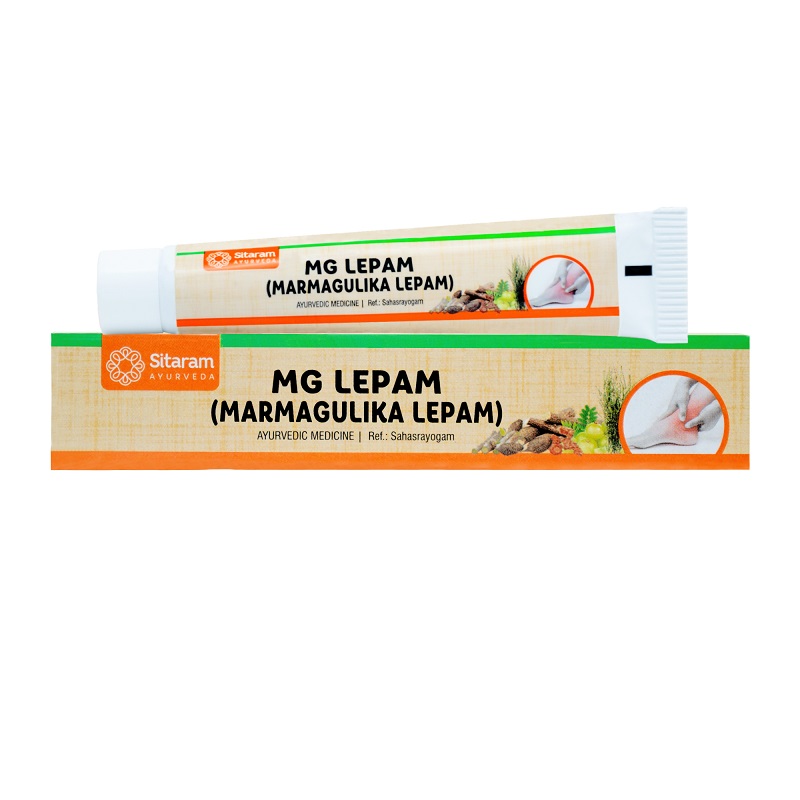
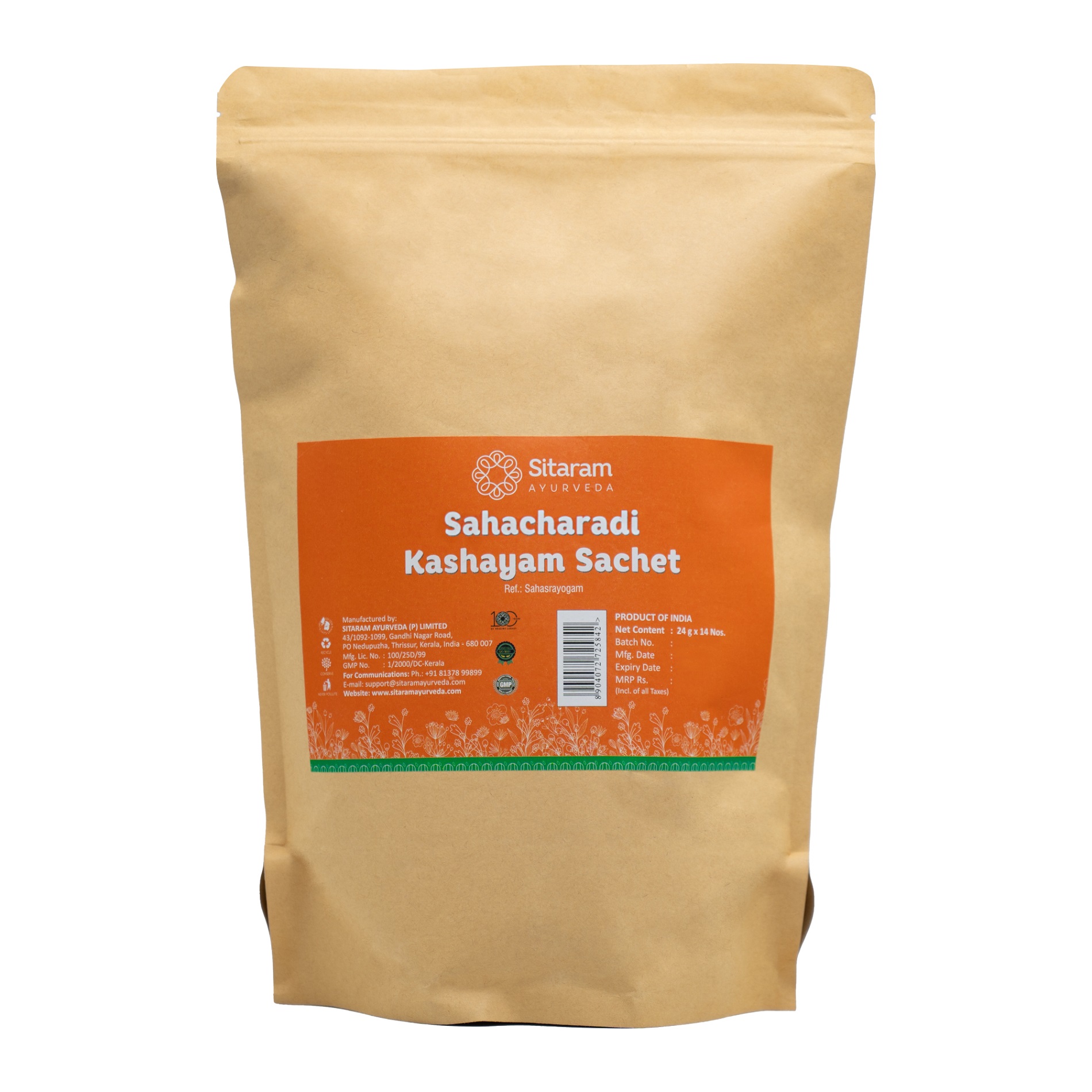
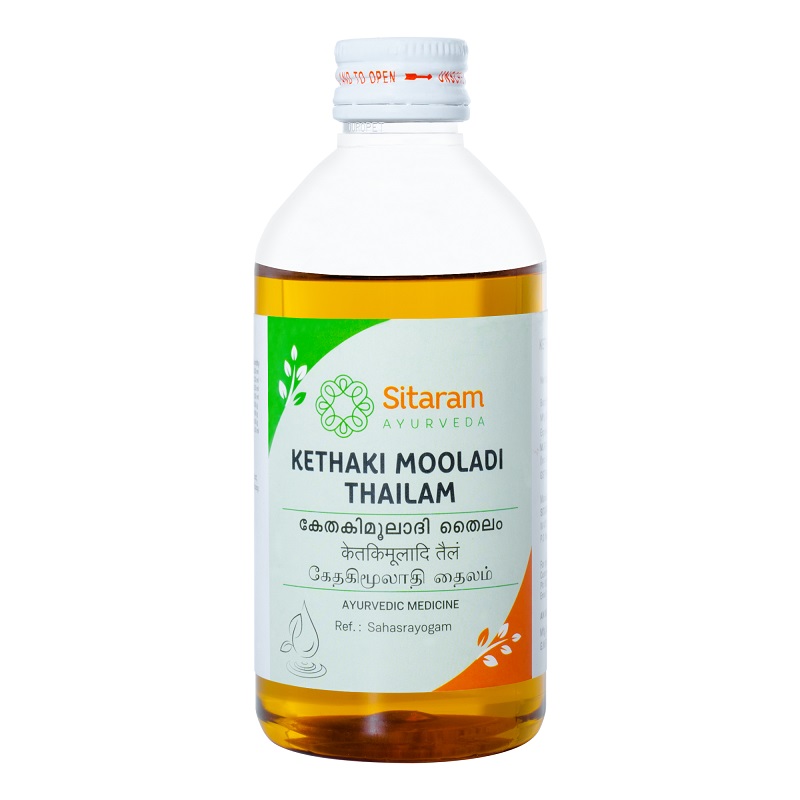
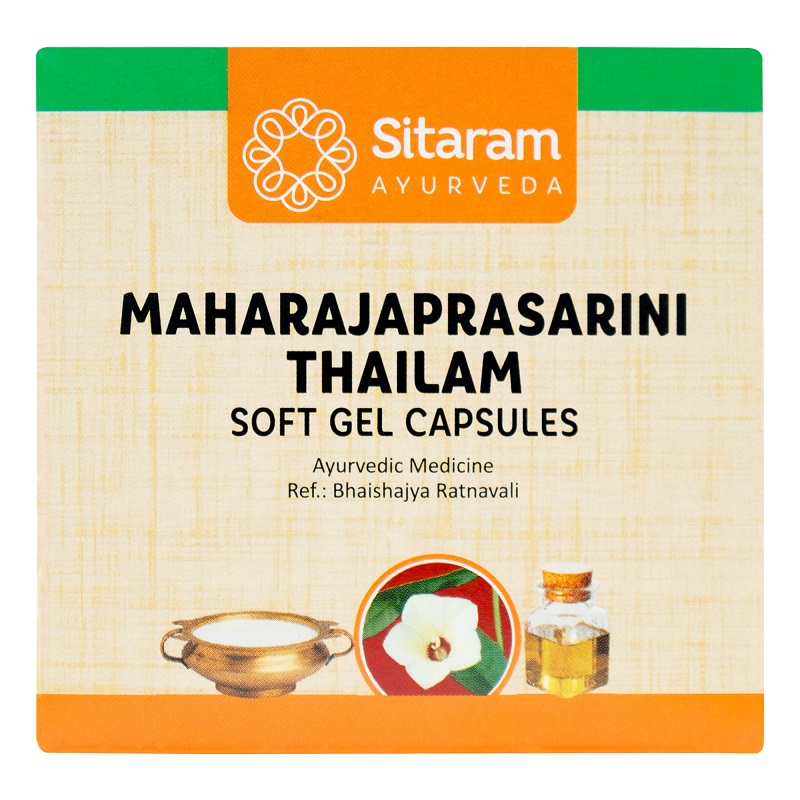
Reviews
There are no reviews yet.